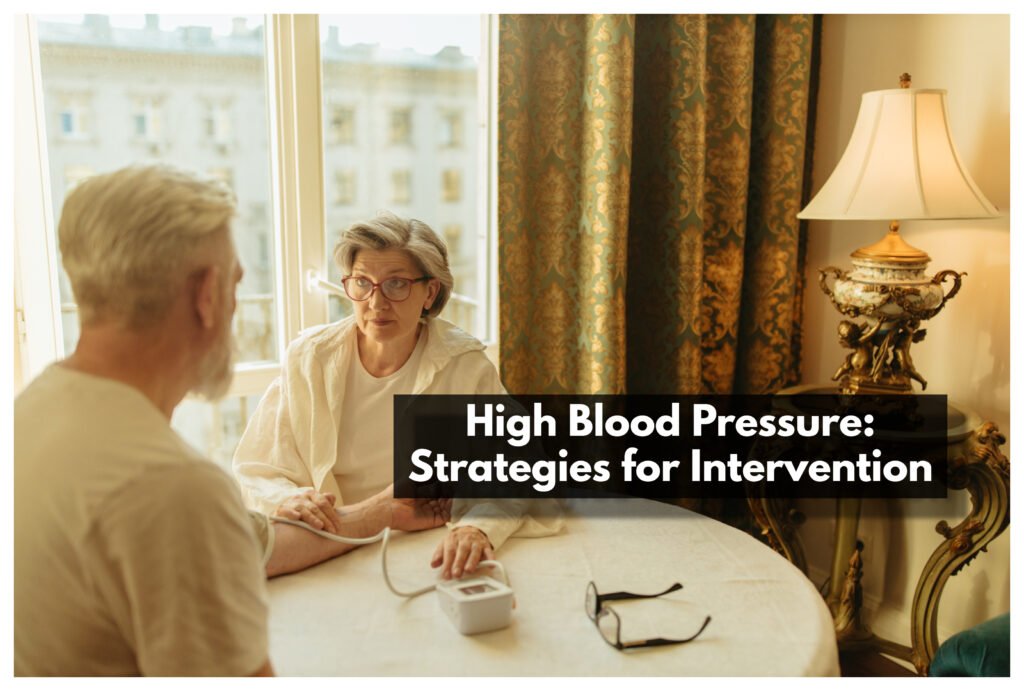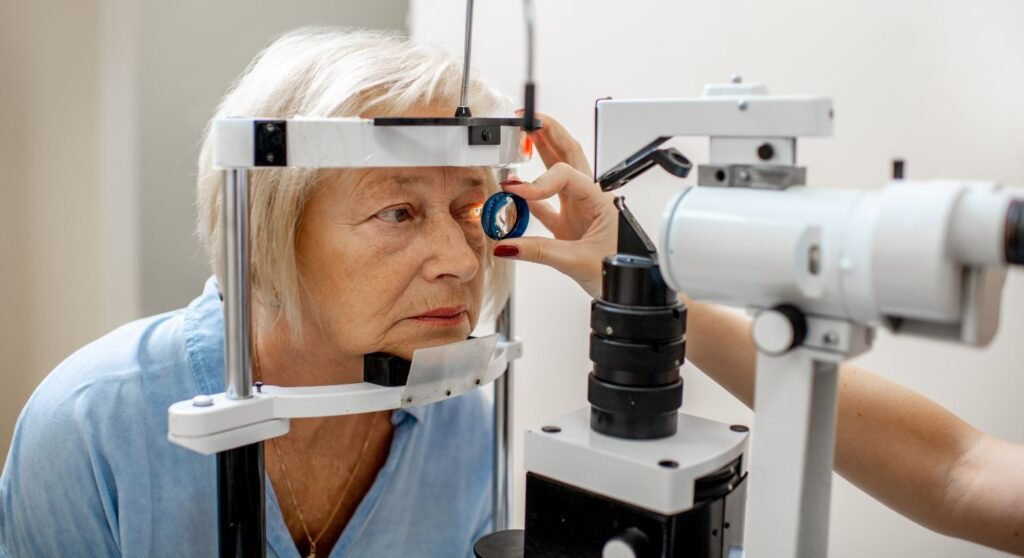A Daily Beet Juice Shot May Lower Blood Pressure: Here’s How It Works

Last Updated on September 4, 2025 by Rose
If you’ve ever thought a simple glass of beet juice was just another health fad, think again — new research suggests it may be exactly what the doctor ordered, especially for those navigating their 60s and 70s.
A study from the University of Exeter has shown that drinking concentrated beetroot juice twice a day can lower blood pressure in older adults by reshaping the bacteria in their mouths.
Yes — you read that right. The tiny organisms living on your gums and tongue may hold the key to healthier blood vessels.
The research, one of the largest of its kind, asked two groups: young adults under 30, and older adults in their 60s and 70s — to drink beet juice for two weeks. The standout results happened in the older group, who already had higher average blood pressure.
After that short period, their blood pressure dropped significantly, while the younger participants saw little change. So what made the difference? The beet juice’s nitrates were converted into nitric oxide in the body — something our systems naturally produce less of as we age.
This boost helps relax blood vessels, improving circulation and easing strain on the heart. But here’s the real gem: the juice changed the oral microbiome itself, tipping the balance away from potentially harmful bacteria like Prevotella and toward beneficial strains such as Neisseria.
In short, it wasn’t just lowering blood pressure, it was rewiring the bacterial “neighborhood” in ways that could mean longer-term benefits. As study author Professor Anni Vanhatalo put it,
“Encouraging older adults to consume more nitrate-rich vegetables could have significant long term health benefits.”
And if beets aren’t your favorite, you’re in luck. Spinach, rocket, fennel, celery, and kale also deliver that nitrate punch.
High blood pressure is one of the biggest risks for heart disease, yet lifestyle changes — like eating more nitrate-rich vegetables — are often simple, accessible, and side-effect free. For those approaching or in retirement, small shifts like this could stack up in meaningful ways for both longevity and quality of life.
Or, as co-author Professor Andy Jones summed it up:
“This study shows that nitrate-rich foods alter the oral microbiome in a way that could result in less inflammation, as well as lowering of blood pressure in older people.”
So the takeaway is deliciously simple: what you eat doesn’t just nourish you — it may also support the vibrant microbial ecosystem in your mouth, with ripple effects for the rest of your body.
Discover all the fascinating details in the full article from Good News Network.





